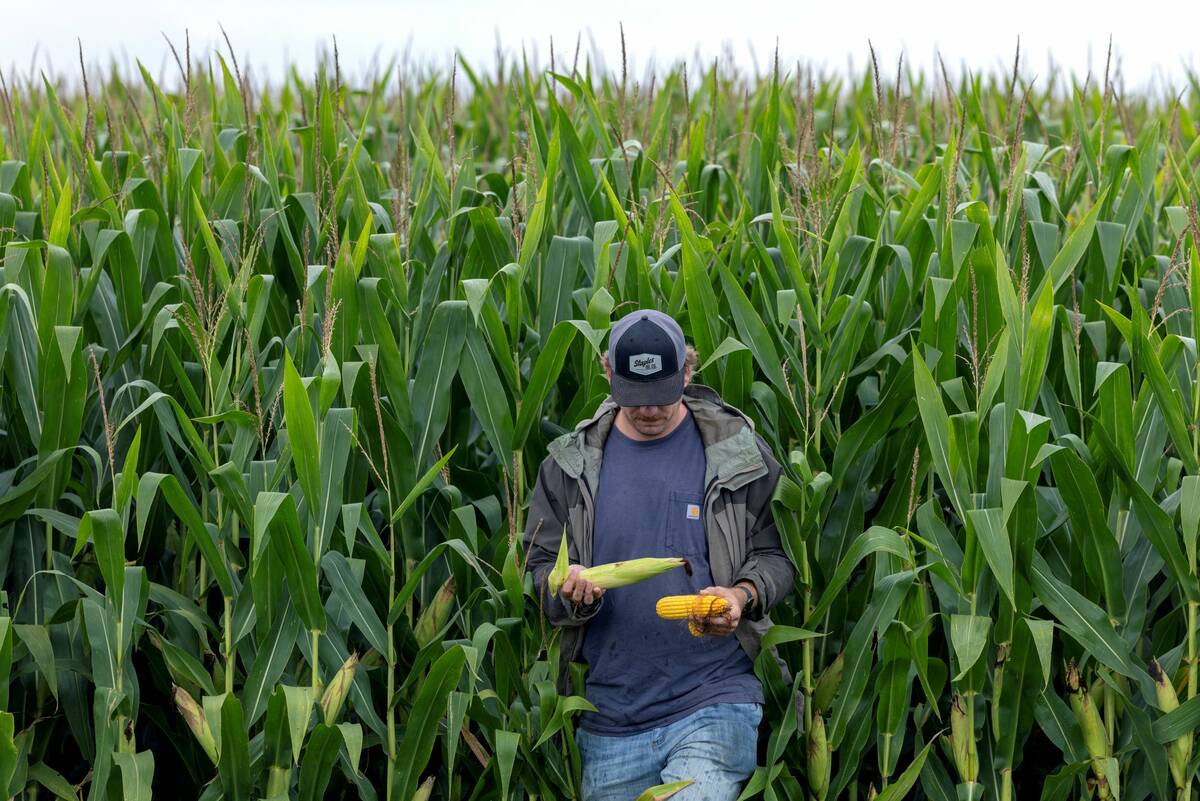The Prince Edward Island government’s cabinet has approved plans to ban direct spreading of waste removed from septic systems onto farmland.
Under the cabinet’s approved amendments to the provincial Environmental Protection Act, all septage must first be taken to an approved wastewater treatment facility for processing, starting Jan. 1, 2010.
Wastewater treatment facilities at Summerside and Charlottetown are equipped to process septage, the province said in a release Tuesday. Recent upgrades at both plants included the capacity to process septage from waste pumpers.
“Once the material has been treated, it produces a screened, stable biosolid product that can be incorporated into land owners’ nutrient management plans.”
Read Also

The U.S. corn crop could be the biggest ever. That’s terrible news for America’s farmers.
The USDA predicts a record corn crop for U.S. farmers, who question the agency’s accuracy amidst high debt and low crop prices.
The treatment process will produce a more stable solid waste lower in nitrate than the initial septage, the province said. Treatment and stabilization of septage is expected to reduce the nitrate impact on the province’s surface and ground water sources compared to previous practices.
“By improving the treatment of waste, we can better control nutrients being released into the environment,” Environment Minister Richard Brown said in the province’s release.
“This helps fulfill recommendations from the Commission on Nitrates in Groundwater, which found that domestic waste was contributing to the total nitrate load of ground water and surface water,” he said.
About 45 per cent of P.E.I.’s population uses on-site septic systems, which have to be pumped out every three to five years by one of the province’s 34 licensed septage haulers.
Under existing regulations, septage removed by a hauler has been allowed to be treated at a wastewater plant, disposed of on farmland or held in approved holding sites.
“Our departmental staff has already consulted with the waste haulers but we will be making a particular effort in coming weeks to educate the industry,” Brown said.
“The industry will be given a bit of time to make arrangements to process this waste and to advise their customers of any rate changes due to the cost of trucking and processing this material.”











